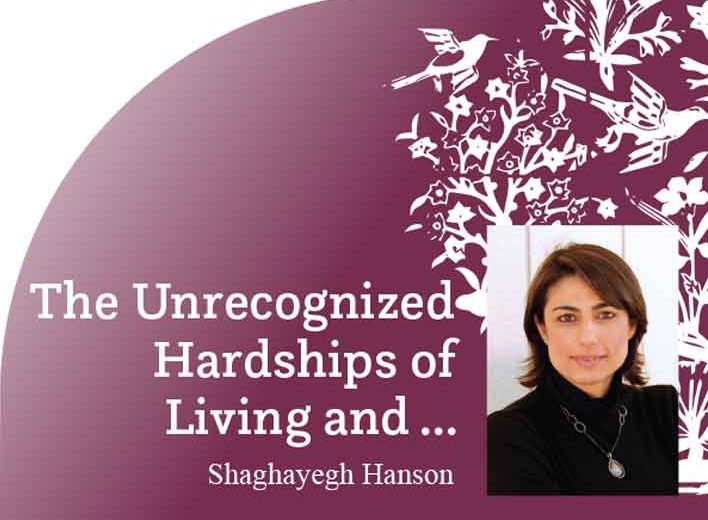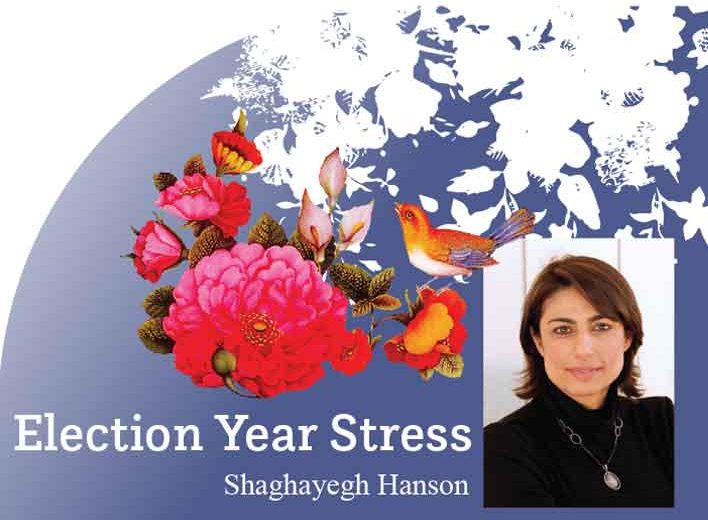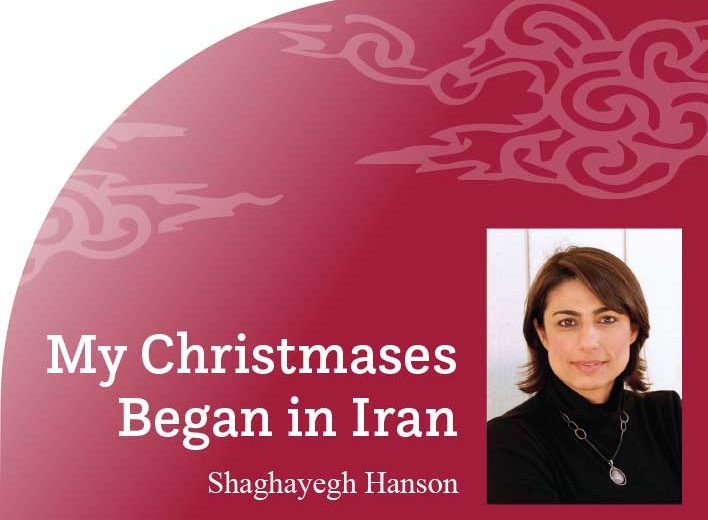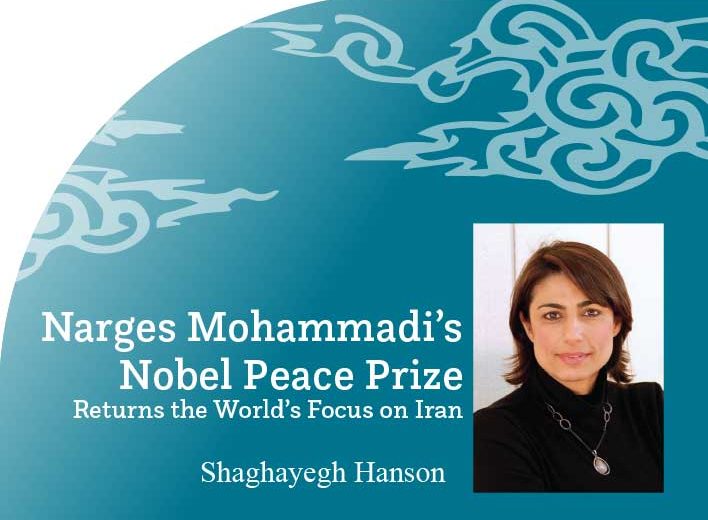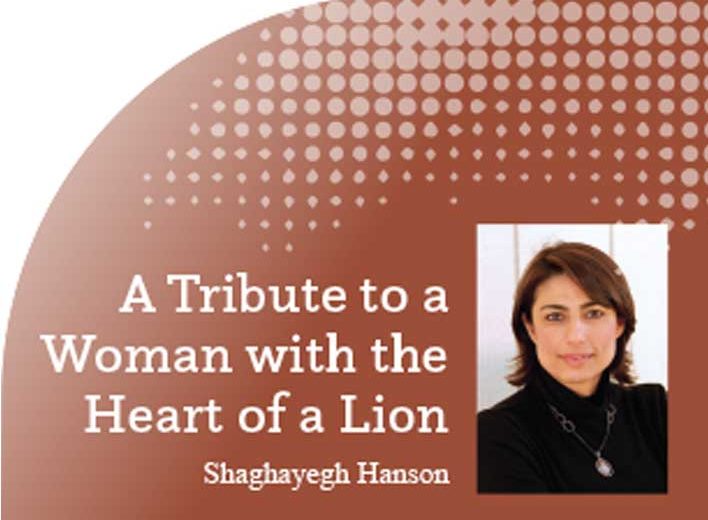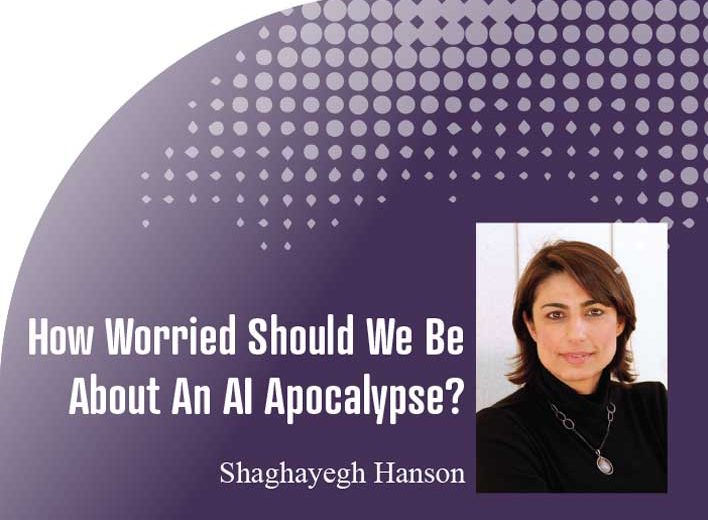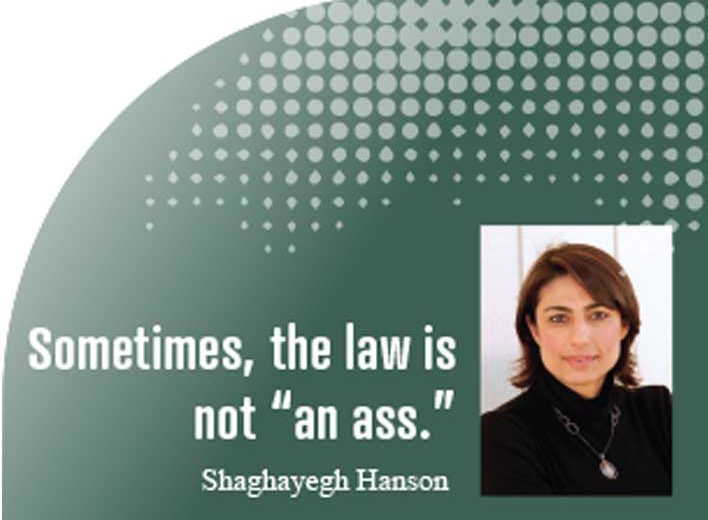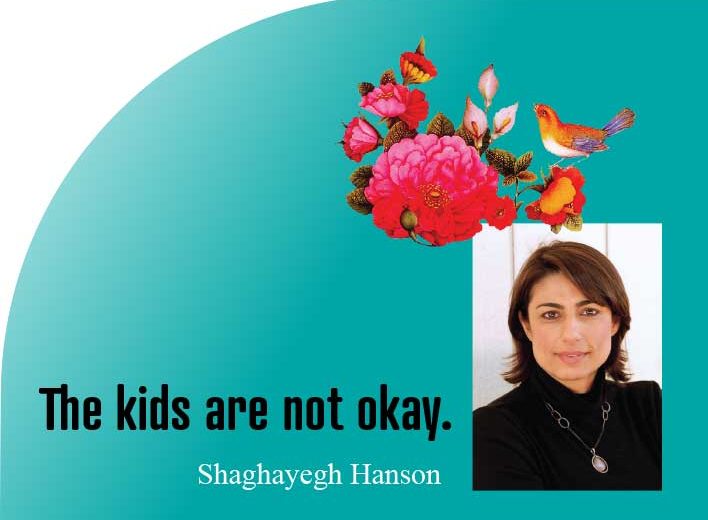Shaghayegh Hanson
It seems oxymoronic, to Western eyes, to ask if it’s already the year 1401; after all, we are in the 21st century, not the 15th. But, of course, technically, this Persian new year, or Nowruz, will herald in the year 1401. No, it’s not time travel, just the Gregorian versus the Solar Hijri calendar, officially used in Iran and Afghanistan. The difference is not always highlighted, so I thought I would give it a quick mention.
Both the Gregorian and Solar Hijri calendars are solar calendars, but there are two important differences. First, the Gregorian calendar runs from the birth of Jesus, while the Solar Hijri calendar runs from the migration of the Prophet Muhammad from Mecca to Medina (not to be confused with the “Islamic calendar,” which runs from the same event but is a lunar calendar). Second, the Gregorian calendar uses a set of rules, such as leap years, to stay in sync with the solar year, whereas the Solar Hijri calendar relies on astronomically-based seasons, beginning with the vernal equinox. And, since I am already skirting the edges of my knowledge, I will leave it there. It is, actually, a fascinating subject area, but definitely beyond the scope of this humble editorial.
Regardless of which calendar we observe, it is a universal truth that the years seem to go by more and more rapidly as we get older. It feels just like yesterday that I left London as a young woman to come to America, and I find myself still referring to England as “home” sometimes. But I have been here now since 1991! I imagine that is how many first-generation Iranian Americans felt (and perhaps still feel) about Iran, especially since the majority of them left believing they would soon return. No one thought the Islamic revolution would take root and last this long. In some ways, I think those first members of our community lived in denial, in a sort of purgatory, one foot in the new country and one foot in the old, fearful of emotionally committing to either one, before finally realizing that time had decided the matter for them. The conundrum was aggravated by the uncertainty of whether they would find acceptance in this country, given the political tensions between their two homes. Look no further than Reza Khabazian’s personal immigration story, which sadly concludes in this Peyk, to get a sense of what I mean; his Texan employers asked him to be “Steve” from Turkey because being “Eye-ranian” would be bad for business. (Page 20.) Reza tells his story with such love and humor that he makes it impossible to feel angry on his behalf. What Reza has been able to capture in his story is the learning curve of humanity, the ups and downs of two cultures growing together out of necessity.
And so, now, having celebrated the Gregorian Christmas and New Year, we turn ourselves over to the Solar Hijri Nowruz. Necessity has given us a harvest of celebrations to enjoy. Thanks to all the first-generation Iranian Americans for keeping the tradition of Nowruz alive for all of us. May it always survive the test of time. This Nowruz we are better able to come together physically to celebrate. It is, in some ways, a true rebirth out of the recent COVID isolation. Not to say our guards should be fully dismantled, but with vaccinations and rapid testing availability we can enjoy our biggest holiday in a more expansive bubble. We, at Peyk, hope the year 1401 brings you and your family joy, peace, and good fortune. Happy Nowruz!


